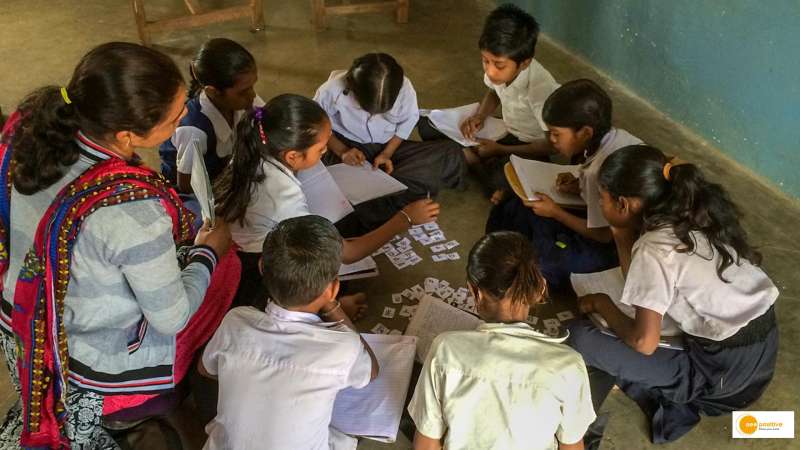

For the longest time, India has dealt with sanitation and hygiene issues. If not now, then when is the right time to impart hygiene education? Centre feels the same and therefore is making an attempt to teach such knowledge to children. The central government recommends that every state should provide their teachers with hygiene education training. The introduction of this policy has the ability to change the future. This decision was approved in the interest of helping students establish healthy hygiene routines. The announcement instructs states and union territories to implement measures such as mandatory hand washing and the use of biodegradable waste containers. They are not required to wait for the construction of village water supply infrastructure for schools but instead have the freedom to implement piped water supply systems on their own.
The primary goal of this central government project is to restore basic infrastructure amenities, including updated and better sanitary facilities and the provision of safe drinking water. The results of a joint advisory indicate that cleaning and other forms of general maintenance are a must in public institutions of education. Multiple departments and agencies within the government, such as the Department of Education, the Department of Water Resources, the Department of Rural Development and Panchayati Raj, and the National Institution for Transforming India (NITI) Aayog, have all identified this as a top priority in their respective areas of responsibility. Several projects, such as the Swachh Bharat Mission-Grameen and the Jal Jeevan Mission, will be carried out in the form of missions to raise the general level of people’s living conditions.
According to the Unified District Information System for Education (UDISE) Report 2021-22, there were a few problems with the restrooms and the hand washing facilities. Also, the central government strongly suggests that each state create an environment that is not dangerous for the health and safety of the students. Therefore, hygiene education is vital. In the public circular, it says that all schools should have places to wash hands, along with soap.
The advisory board suggests important actions and steps that can help achieve the goal. One of the ways to achieve this goal is to ensure that every school has at least one teacher who has received comprehensive training in the field of hygiene education. He or she will then instruct students on the importance of good hygiene via the use of engaging activities and community service initiatives. NCERT, India’s National Council for Educational Research and Training, has created supplementary resources for primary school pupils that focus on “Swachhta,” or cleanliness.
The central government’s emphasis on hygiene education is completely valid and important. This step will not only encourage states to take necessary measures but also impart hygiene education to both teachers and students.


